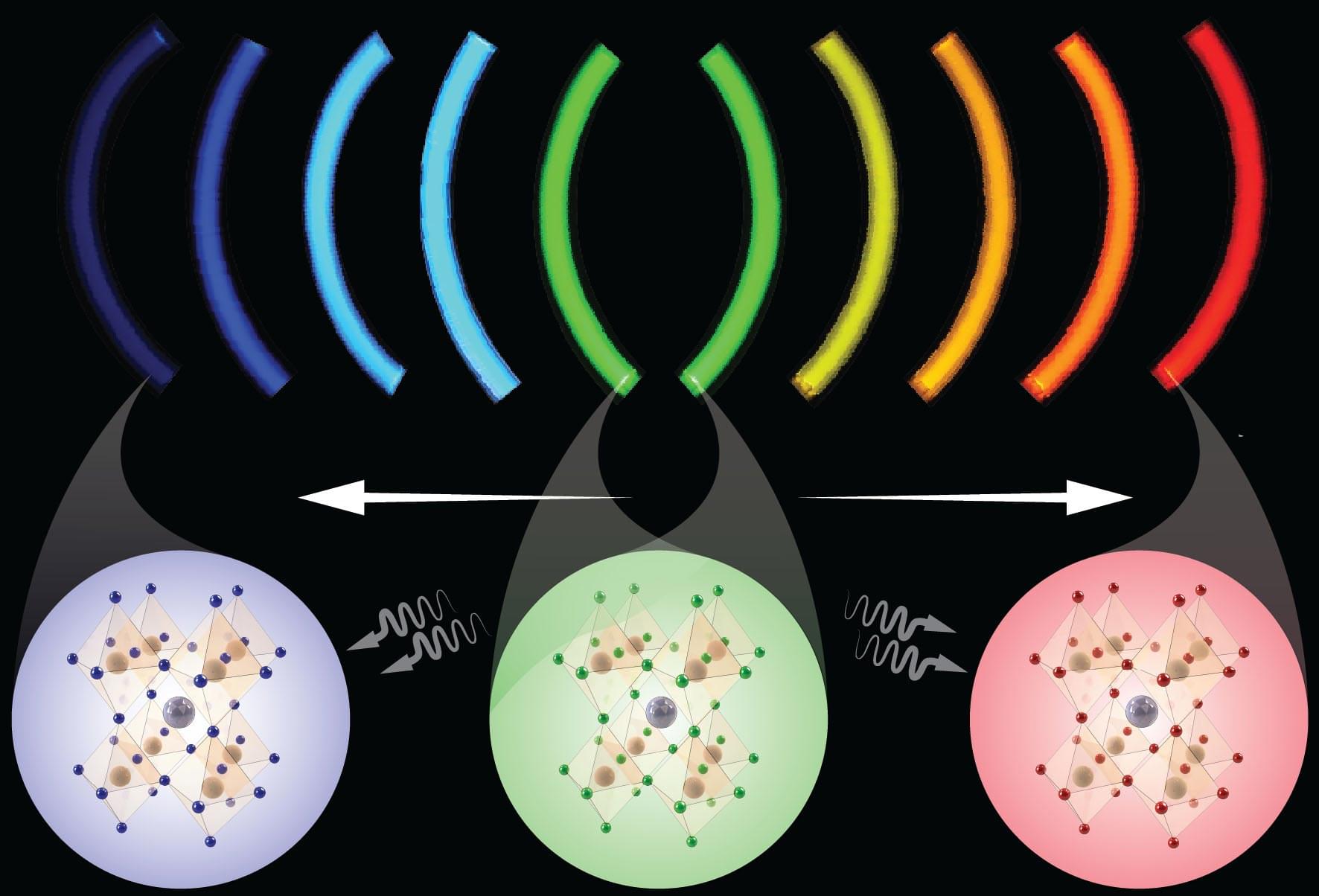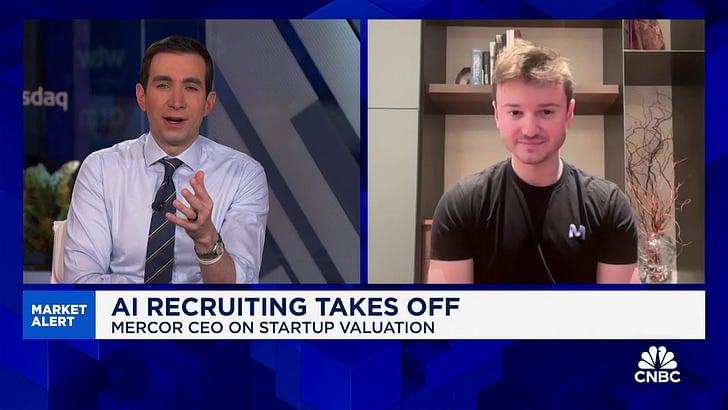In today’s AI news, in a social media post, DeepSeek said the daily releases it is planning for its Open Source Week would provide visibility into these humble building blocks in our online service that have been documented, deployed and battle-tested in production. As part of the open-source community, we believe that every line shared becomes collective momentum that accelerates the journey.
In other advancements, Together AI an AI cloud platform that enables companies to train and deploy artificial intelligence models — has raised $305 million in Series B funding in a round led by General Catalyst, more than doubling its valuation to $3.3 billion from $1.25 billion last March. The funding comes amid growing demand for computing power to run advanced open-source models.
In personal and professional development, if you’re curious about how to integrate AI smartly into your business, here are some friendly tips to get you started while keeping things safe and effective. The key is strategic integration with safeguards in place, use AI’s strengths — without losing your own.
Then, search startup Genspark has raised $100 million in a series A funding round, valuing the startup at $530 million, according to a source familiar with the matter, as the race to use artificial intelligence to disrupt Google’s stranglehold on the search engine market heats up. The Palo Alto-based company currently has over 2 million monthly active users, and the round was led by a group of U.S. and Singapore-based investors.
S like to compete with Google, and what the future of search could look like. + Then, as AI scales from the cloud to the very edges of our devices, the potential for transformative innovation grows exponentially. In this Imagination In Action session at Davos, Daniel Newman, CEO The Futurum Group moderates this expert panel which includes: Åsa Tamsons, Executive VP, Ericsson, Gill Pratt, CEO Toyota Research, Chief Scientist Toyota, Kinuko Masaki, CEO, VoiceBrain, Cyril Perducat, CTO, Rockwell Automation, and Alexander Amini, CSO, Liquid AI.
Meanwhile, Stripe cofounder and CEO Patrick Collison sits down with Bill Gates to discuss his memoir, Source Code. Bill Gates is a technologist, business leader, and philanthropist. In 1975, he cofounded Microsoft with Paul Allen and chair of the Gates Foundation. Bill is the founder of Breakthrough Energy, an effort to commercialize clean energy and climate-related technologies, and TerraPower, a company investing in developing nuclear technologies.
We close out with, Richard Attias, Chairman of the Executive Committee, FII Institute, Founder & Chairman, RA&A sitting down with Masayoshi Son, Representative Director, Corporate Officer, Chairman & CEO, SoftBank Group Corporation in a session entitled: Stargate AI: Who will win the $500 Billion Bet On The Future Of Intelligence.





